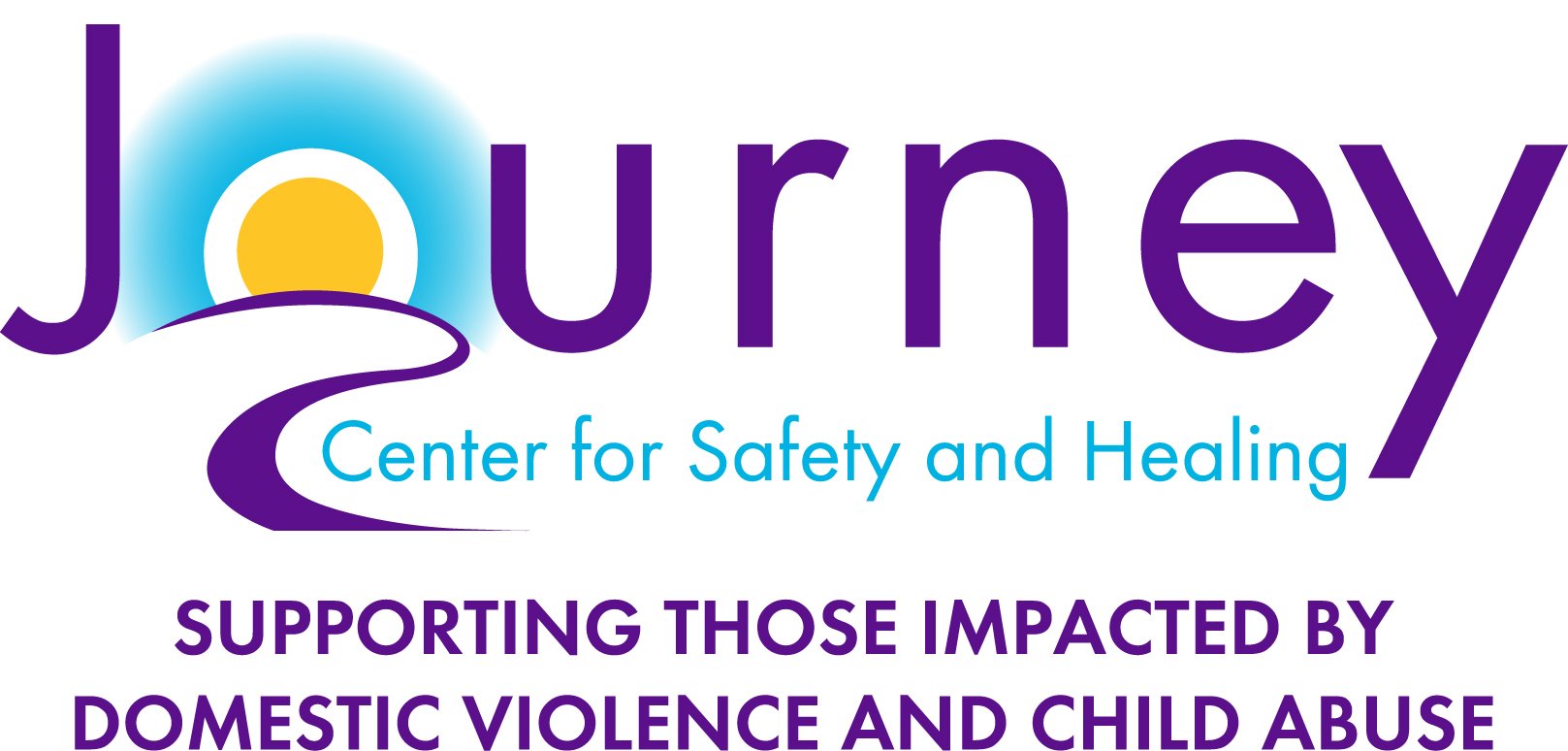Domestic violence underreported by Latinas because of the barriers they face
CLEVELAND — Domestic violence is cancer that invades communities across the nation, but the Journey Center for Safety and Healing is helping survivors of all communities.
Alicia Carrizo is one of those survivors.
“He put a knife on my throat and he said he's going leave me dead, in front of my girls,” said Carrizo.
Carrizo is a mother of five that shared how she survived her domestically violent marriage of 18 years, explaining what it was like living in the U.S as a Latina who didn't have papers or speak English.
“All my family brothers, sisters and my parents are back in Argentina. So I don't have anybody. I don't know the law. I didn’t speak English at all,” said Carizzo.
She's not alone. According to the CDC, 34.4% of Hispanic women are victims of domestic abuse, compared to 37.3% of US women overall. Melissa Graves is the chief executive officer for Journey Center for safety and healing, where they offer the Latina Domestic Violence project.
In the Latino community, domestic abuse situations are common but also extremely underreported, for a few reasons.
“We're seeing folks have additional barriers that could be a language barrier. Abusers use things like documentation and immigration status as ways to threaten and control the people that they're abusing,” said Graves.
All of these are barriers that Alicia also faced in the system that she didn't understand. Through the Latin DV project at Journey, they offer a list of services, including Spanish-speaking therapy, pro-bono immigration attorneys, shelter and connections to Spanish-speaking resources. They also, help with applying for a U visa, which allows undocumented victims of crimes to live and work in the US.
“I was an immigrant, I was without legal status. I applied for a U visa and now I’m a citizen,” said Carrizo.
Ten years later, she's now on the other side, helping people just like her with those same resources that she once utilized.
“They gave me a second chance to live,” said Carrizo.
She's sending the same message to all in a domestically violent situation.
“You are not alone, you have help outside, you can call us and you can have a second chance,” said Carrizo.
If you or someone you know is in a domestically violent situation you can call/text 216.391.4347 (HELP) or click here.
